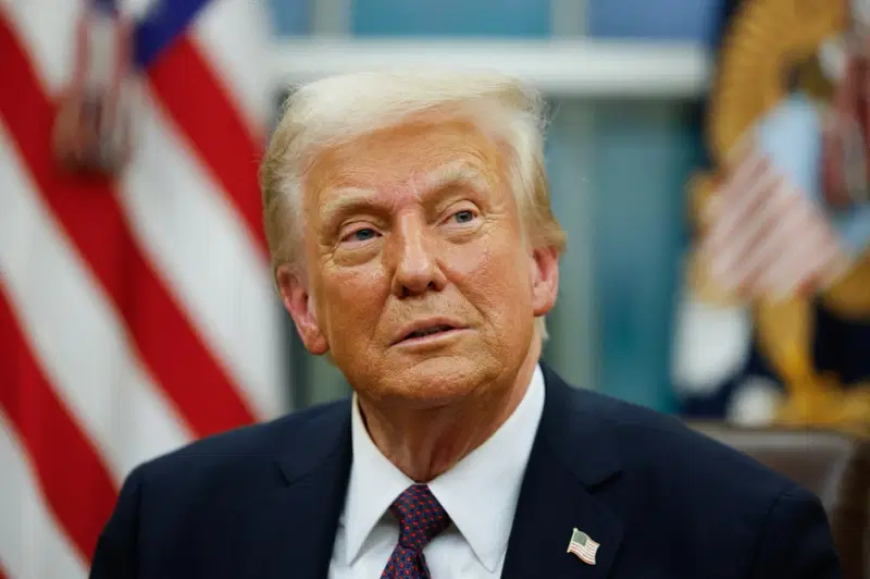Full list of African countries affected by Trump’s tariffs

U.S. President Donald Trump announced his much-anticipated “red hot” tariffs on the United States’ trading partners in the White House on Wednesday, which he named “Liberation Day.” The tariffs are expected to boost U.S. manufacturing and punish other countries for what he says are years of unfair trade practices.
In a first since threats began, Trump has directly hit African countries with tariffs. The president announced a 10 percent baseline tariff on all imports into the U.S. from all countries and higher rates on countries with trade surpluses with the U.S.
Some of the highest rates will be levied on smaller countries, with goods from the southern African nation of Lesotho facing 50 percent.
Our country has been looted, pillaged, raped, plundered” by other nations, Trump said on Wednesday. “Taxpayers have been ripped off for more than 50 years,” he added in remarks at the White House. “But it is not going to happen anymore.
In addition to countries that the White House described as the “worst offenders,” including the European Union facing 20 percent tariffs, China facing 34 percent tariffs, Vietnam and Lesotho, as well as other exporters to the U.S., here are all the African countries on Trump’s preliminary list:
- Botswana – 37 percent
- South Africa – 30 percent
- Tunisia – 28 percent
- Côte d’Ivoire – 21 percent
- Egypt – 10 percent
- Morocco – 10 percent
Though Nigeria and other African countries exporting to the U.S. escaped Trump’s supplementary list, his 10 percent baseline tariff on imports from all countries still affects them.
In 2022, Nigeria was the second-largest U.S. export destination in Sub-Saharan Africa. According to data from the Observatory of Economic Complexity (OEC), Nigeria exported $6.29 billion worth of goods to the U.S. in 2023, while importing $3 billion, leaving the U.S. with a trade deficit of $3.29 billion.
The White House said officials would start charging the 10 percent tariffs on April 5, with the higher duties starting on April 9. The sweeping tariffs are expected to produce hundreds of billions in annual revenue to fund key projects.

 admin
admin 


